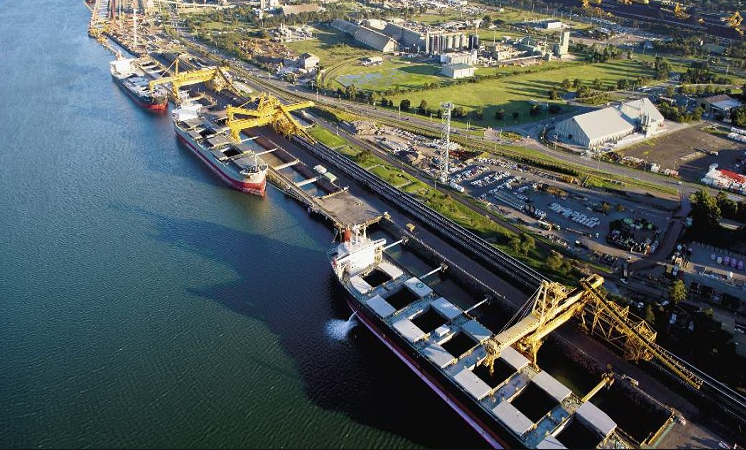The world’s largest coal port to shift away from coal transport
The port of Newcastle in Australia has announced its plans to pursue a new diversification strategy away from coal transport to reduce the region’s economic dependency on the commodity and prevent future risks.

The port of Newcastle in Australia has announced its plans to pursue a new diversification strategy away from coal transport to reduce the region’s economic dependency on the commodity and prevent future risks.
The move came after a new Chairman took over the board and warned that the port must urgently diversify its traffic in order to adapt to a world where fossil fuels are no longer the predominant energy source.
Roy Green, the incoming Chairman of the Newcastle Ports, said: “Coal has been at the heart of Hunter’s economy for the better part of two centuries, and it will continue to be central to the prosperity of the region and Port of Newcastle for some time to come”.
“However, there is also an urgent need to diversify the Hunter economy and the port’s business”.
He added: “Clearly the long-term outlook for coal is a threat to the port and Hunter region, but it is also a huge opportunity. While the world’s demand for our coal is beyond our control, our ability to invest in new sources of growth and innovation is not. Among our challenges will be ensuring a level playing field for the development of a viable and competitive container terminal.”
Newcastle is the world’s largest coal export port with coal accounting for more than 90 percent of its throughput. Last year alone, it shipped 161 million tonnes of coal.
Mr. Green explained that the diversification strategy includes a new container port and a new cruise terminal.
The announcement contributes to the momentum among Australian businesses to shift away from the country’s coal business. Last week, the National Australia Bank announced that in 2019 it will stop financing new coal projects.
AGL, Australia’s biggest energy company revealed it will decommission its Liddell coal power plant in 2022, despite the government’s efforts to prevent its closure claiming energy security reasons.
As reported by the Financial Times, Rob Henderson, a former Chief Markets Economist at NAB, commented on the news: “It should reaffirm to investors that the transition away from coal is taking place rapidly now, that continued investment in Australian coal is a losing proposition in the medium to long term and that diversification is critical”.
